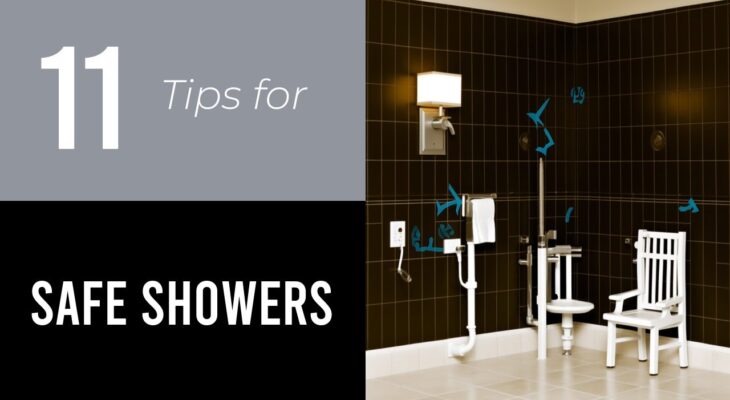Showers are an essential part of our daily routine, step in showers for seniors offering a refreshing start or a relaxing end to our day. However, amidst the tranquility, safety should never be compromised. From slips and falls to scalding accidents, showers can pose various risks if not properly managed. In this comprehensive guide, we delve into the importance of safe shower practices and provide actionable tips to ensure your shower experience remains safe and enjoyable.
Understanding the Risks: Before delving into safety measures, it’s crucial to understand the potential risks associated with showers:
- Slippery Surfaces: The combination of water and smooth surfaces in showers can lead to slips and falls, causing injuries ranging from bruises to fractures.
- Scalding: Hot water temperatures can cause scalding burns, particularly among children and the elderly who may have reduced sensitivity to heat.
- Electrical Hazards: Showers that incorporate electrical components, such as water heaters or lighting fixtures, can pose electrocution risks if not installed or maintained properly.
- Mold and Mildew: Poor ventilation and moisture buildup in showers can foster the growth of mold and mildew, which not only present health risks but also make surfaces slippery.
Safety Measures: To mitigate these risks and ensure a safe showering environment, consider implementing the following measures:
- Install Grab Bars: Install sturdy grab bars within the shower area to provide support and stability, especially for individuals with mobility issues or balance concerns.
- Use Non-Slip Mats: Place non-slip mats or adhesive strips on shower floors to enhance traction and reduce the likelihood of slips and falls.
- Adjust Water Temperature: Set your water heater to a safe temperature to prevent scalding accidents. The recommended temperature is typically below 120°F (49°C), especially in households with young children or elderly individuals.
- Test Water Temperature: Before stepping into the shower, test the water temperature to ensure it’s comfortable and safe. Use your wrist or elbow to gauge the temperature rather than sensitive areas like your hands.
- Proper Ventilation: Ensure adequate ventilation in your bathroom to prevent moisture buildup and inhibit the growth of mold and mildew. Consider installing exhaust fans or opening windows during and after showering.
- Regular Maintenance: Conduct regular step in showers for seniors inspections of your shower fixtures, including faucets, drains, and electrical components, to identify and address any potential hazards promptly.
- Supervise Children: Always supervise young children during shower time to prevent accidents and ensure they

